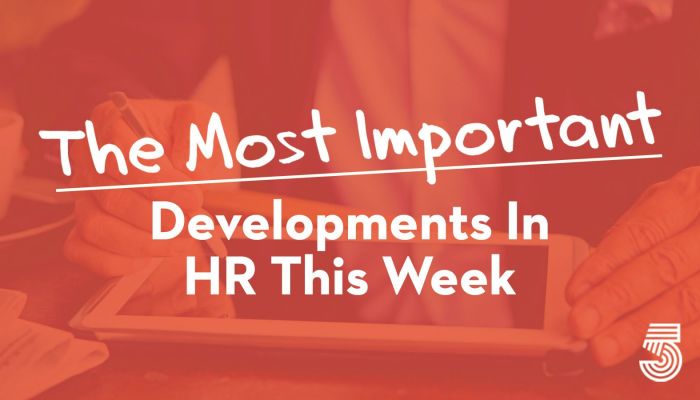The M.I.D., as we call it, is curated by our editorial team from more than 50 news sources. Like a lot of good ideas, this started as something I wanted for myself. If I can’t read everything, I at least want to stay abreast of the most important developments.
This week in HR, the great resigners realized the grass wasn’t greener after all, the privilege of remote work increasingly comes with surveillance strings, burnout changed its name to quiet quitting, reverse mentoring has its moment, and employee vacations spoke volumes about a company’s culture.

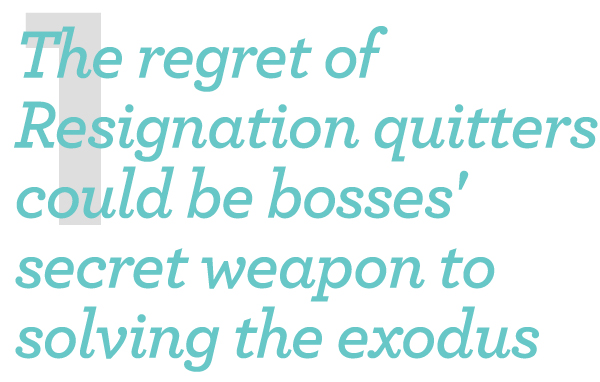
Going back to an old flame may be ill-advised, but going back to your old job might be a great idea. Rehiring an employee who’s moved on could benefit both the worker and the company, finds a recent report from people analytics software firm Visier, which analyzed records of 15 million global employees. It found that one-third of hires over the past three years were “boomerang” employees returning to their former employer. In the first few months of 2022 alone, they comprised 28% of new hires. It’s a smart financial move, as boomerang employees earn an average of 25% more when they return. The existence of that pay bump, Visier wrote in the study, suggests that companies may already recognize boomerang workers’ value as a potential solution to fixing the talent shortage. It’s a win-win for both parties. Fortune
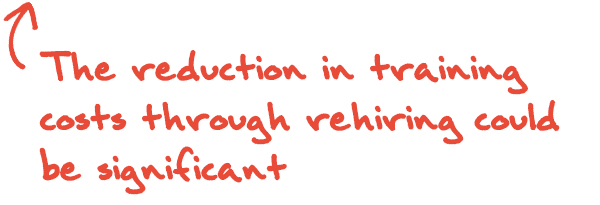
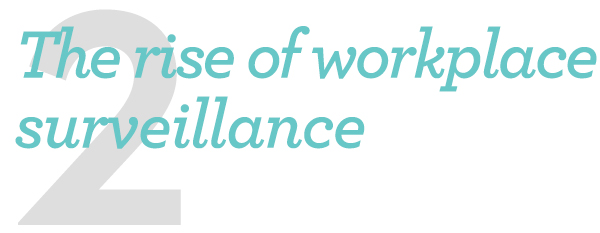
Across industries and income brackets, a growing number of American workers are discovering that their productivity is being electronically monitored by their bosses. This technology is giving employers a means to gauge what their employees are doing and it’s already impacting how much and when people get paid. What is gained, companies say, is efficiency and accountability. What is lost? Times investigative reporters have discovered that this tracking software is more common than one might think. The Daily (podcast)
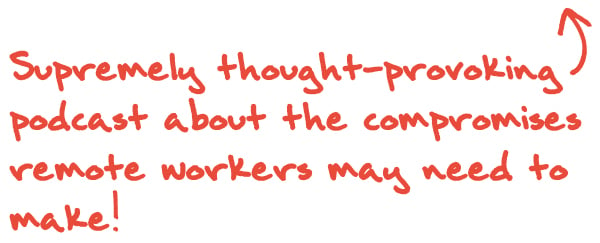
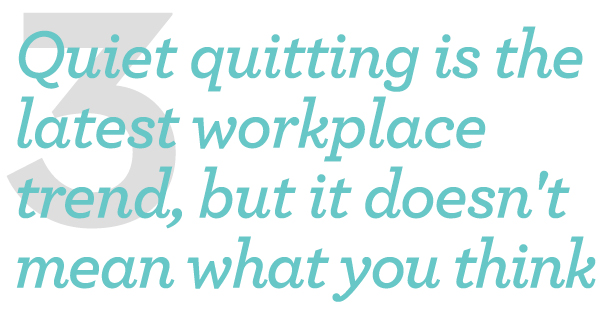
Years of long hours, understaffed companies, and burned-out employees have all led to the latest TikTok trend: quiet quitting. The catchphrase quiet quitting is misleading, however, making some people think it means workers doing the bare minimum at their jobs. This is unequivocally false, said Kathy Caprino, a Connecticut-based women’s career and leadership coach and author of “The Most Powerful You: 7 Bravery-Boosting Paths to Career Bliss.” “It’s about stopping doing work that people think is beyond what they were hired to do and not getting compensated for,” she said. The drastic workforce shift during the pandemic largely brought on the rise of this behavior, said S. Chris Edmonds, founder and CEO of The Purposeful Culture Group, a Colorado-based consultancy. Many people were also frustrated when managers insisted on certain rules like going back to in-person work, which created more burnout and frustration, Edmonds said. CNN Business

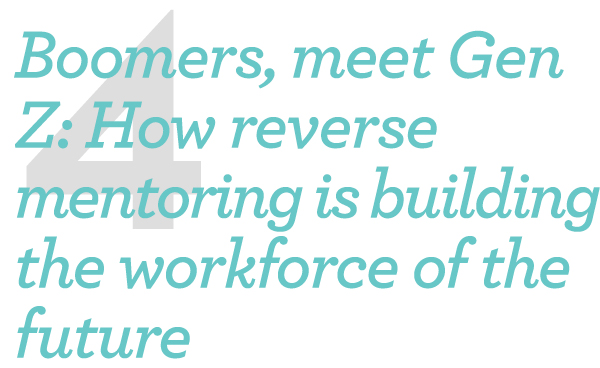
A business is nothing without a productive team — but with a fluctuating workforce with varying degrees of digital proficiency between younger and older workers, employers are finding that the traditional structure of workplace relationships and mentorship is not cutting it. That’s not to say that mentorship has become obsolete: 87% of mentors and mentees feel empowered by their relationships and have developed greater confidence, according to a recent study from Moving Ahead, a platform dedicated to promoting equitable workplaces. But the growing trend of “reverse mentoring” may bring new value to the equation. Financial Planning

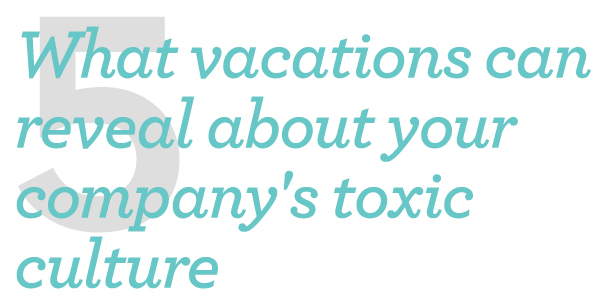
If you’re feeling stressed about work, a nice vacation could be just what you need. Unplugging from the day-to-day pressures to unwind can help you recharge and refresh so that you’re ready to get back to work … right? Not always, finds a survey by Visier. The people analytics platform polled 1,000 full-time U.S. employees about vacation time and overall job satisfaction. While 89% of employees did feel refreshed after taking PTO, the reset didn’t make them ready to return to work; 42% even said they dreaded getting back to work. And it gets worse: Some 44% of respondents thought about quitting their jobs while on a vacation, and of this group, 44% followed through and resigned. So should managers be afraid of PTO? Not if they are aware of some of the dynamics in play, says Yustina Saleh, VP of research and value at Visier. If an employee hasn’t taken five days off in a row for more than 18 months, it should sound an alarm. Fast Company






